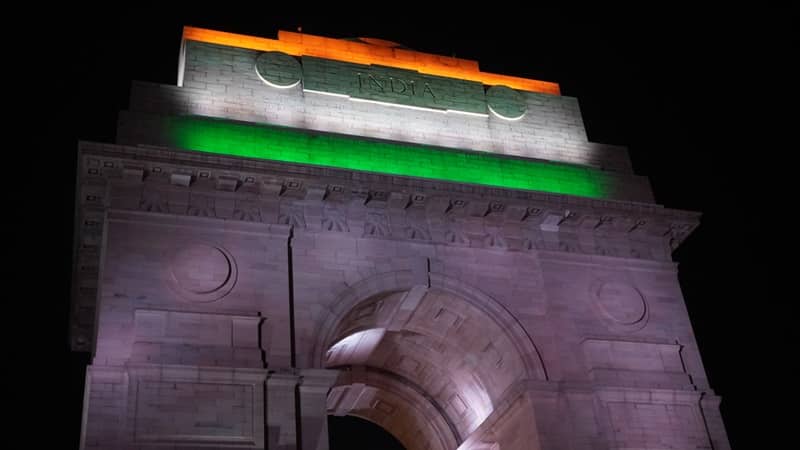
After a 6-month review, the government of India has upheld the 28% gambling tax applied to players’ deposits. (Image courtesy of firefxstudio on Vecteezy)
It isn’t easy to remain impartial when writing on some news topics. For one, the 28% gambling tax, which I have resorted to calling the ‘crazy tax’.
In the latest news coming out of the country, the fifty-fourth GST meeting took place, and it was bad news for domestic online gambling operators. After review, the decision was that the 28% tax should remain in place.
This is where I find it difficult to remain impartial. Yet, I am undoubtedly biased, leaning in favour of online gambling operators as I support the industry. Hence, I coined the term India’s Crazy Gambling Tax’.
On the other hand, those who are anti-gambling who see online gambling as a danger to society feel the 28% tax is a deterrent.
This is where I draw the line because those who agree with the 28% gambling are clearly not aware that there are vast numbers of overseas gambling sites out there that the government cannot monitor nor prevent its citizens from signing up.
In my opinion, India has opened the floodgates for players using VPNs to join overseas crypto casinos operating under Curacao licensing.
The Backstory of The Latest Gambling Tax Rejection
On 29 June 2024, I published the Crazy Gambling Tax Disaster Continues following the fifty-third GST Goods and Services Tax (GST) council meeting in India. Operators expected the government would address the 28% tax issue, but the topic was left unmentioned, leaving India’s domestic operators frustrated.
At the end of the meeting, a statement was made by India’s financial minister dismissing the issue, saying that there was not enough time to address gambling tax. At that time, the fifty-fourth GST meeting was two months away.
Fast-forward to this week and the meeting has come and gone. The 28% gambling tax issue was up for discussion this time around, but the result was bad news for domestic operators as the tax remains.
Domestic Operators Expect a Huge Outflux for Online Gambling
Domestic operators are too aware that federal government or state governments do not have the resources to stop players from joining overseas online gambling platforms. Even more worrying for domestic operators in India is the rise in crypto casinos.
Although INR transactions are traceable to gambling companies to some extent, most of the time, the transactions are not shown as gambling-related. Many operators use a payment processing company to process player transactions.
What does this mean? A transaction is made with a company labelled as a financial processing service, and therefore, traditional banking systems in India do not show these INR transactions as gambling-related.
Good News for Overseas Online Casino Operators
Overseas operators welcome the news that India’s government has stuck to its guns. There are a handful of casinos and sports books operating under the old and new Curacao remote gambling licensing accepting Indian Rupee.
Suppose you start to count the number of online gambling sites operating under the Curacao remote gambling licensing framework. In that case, you can quadruple the number of overseas casinos that Indian players have access to.
Such is the nature of gambling. Those who want to bet on sports or play online casino games will not want to pay a 28% tax on their deposits.
Even with Crypto’s Volatility, Crypto Casinos are a Bargain
I can vouch for the title of this section, as I have played at and reviewed hundreds of crypto casinos over the past few years. As Casinoplusbonus EN has India as one of the ‘big 6’ English-speaking countries, one point I always check is does the casino accepts players from India.
99% of the time, they do. In fact, I don’t recall ever seeing a crypto casino under Curacao licensing that does not accept citizens of India.
Even more worrying for domestic operators is that the banking system has no way of tracking crypto payments and withdrawals to online casinos. Crypto transactions, especially from non-custodial wallets, are difficult to trace back to a single person.
Although it is possible to trace crypto transactions to an individual using sophisticated techniques, I can’t think of a country in the world that has the human resources to put its efforts into tracking every player in India who signs up for an online casino overseas.
In a country where there are over 1.4 billion residents, you can only imagine how difficult a task tracking every online gambler down is.
At this juncture, this is where I rest my case.
The 28% tax is not suitable for India; it is counterproductive as a deterrent to gambling, and it plays into the hands of overseas casinos, who see India’s crazy 28% gambling tax as productive to their business model as they are thriving thanks to the crazy tax.


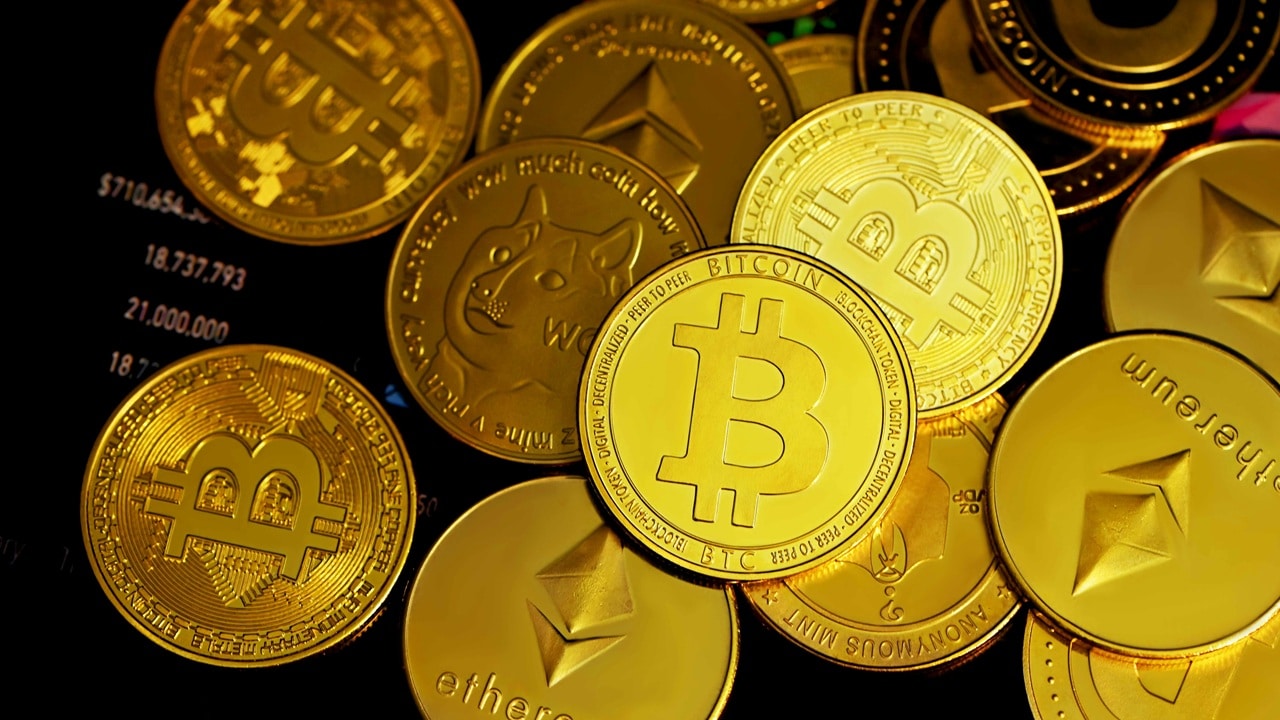
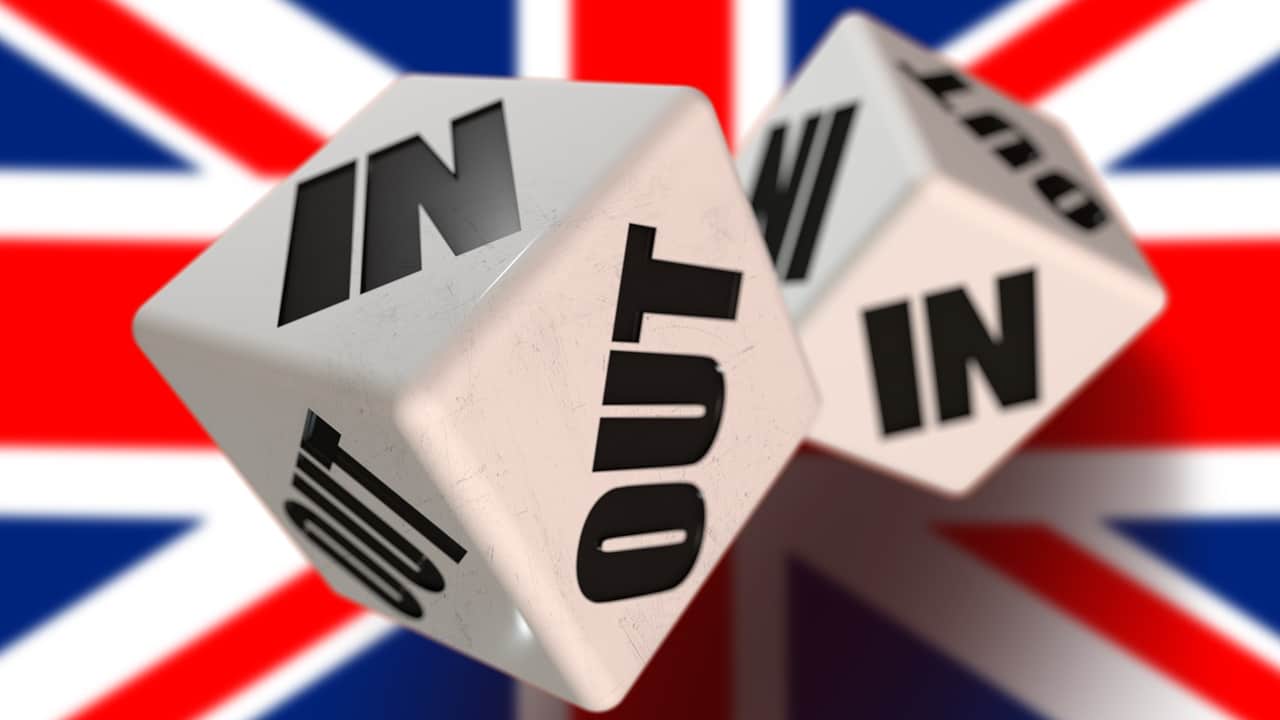



















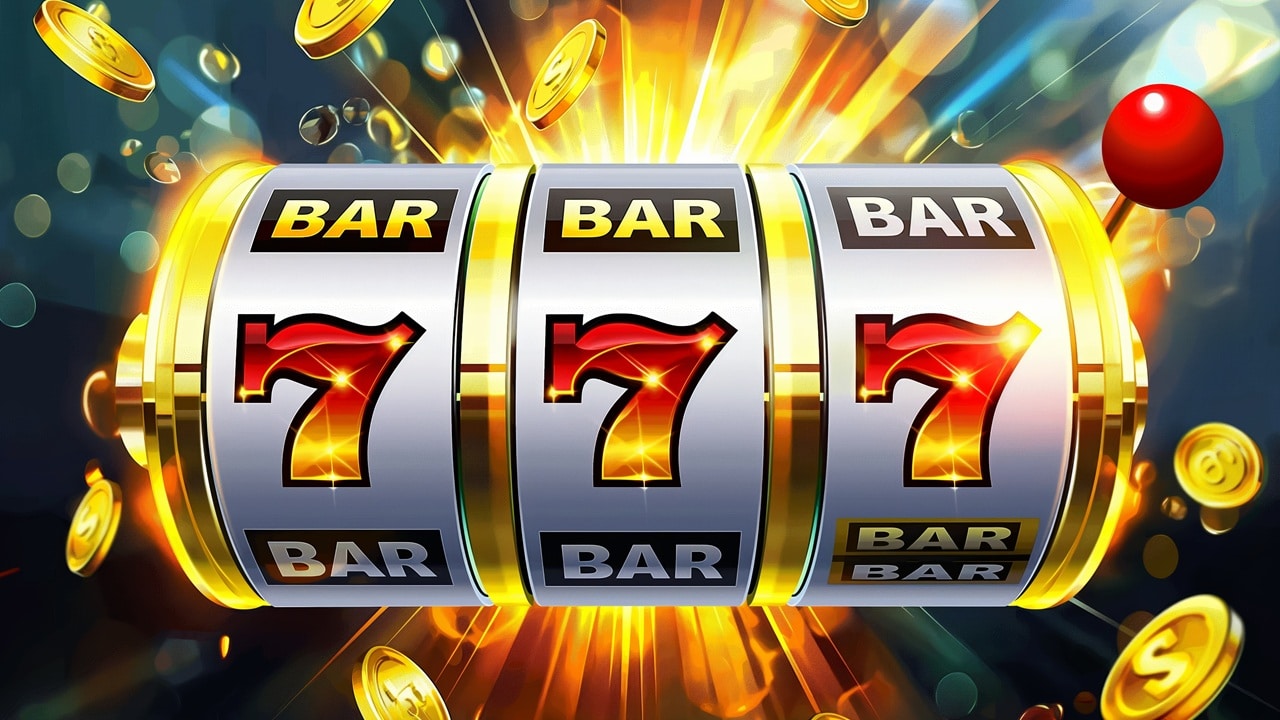


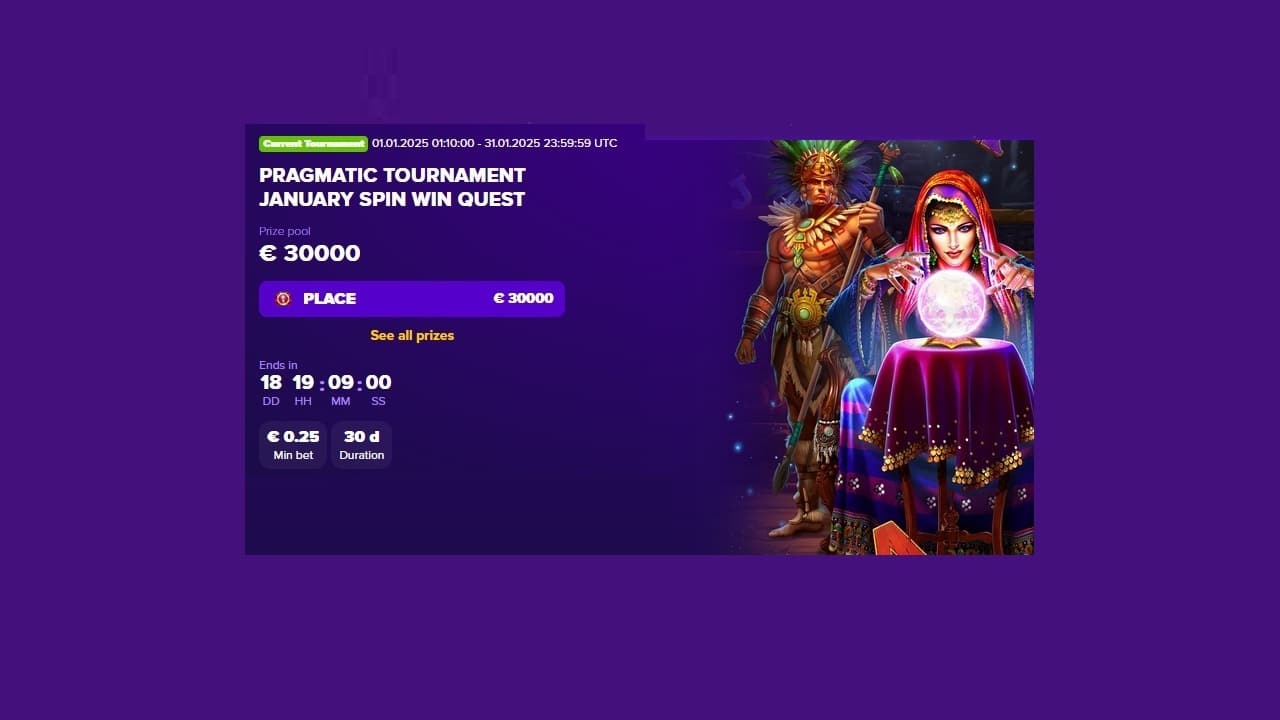




Leave A Comment